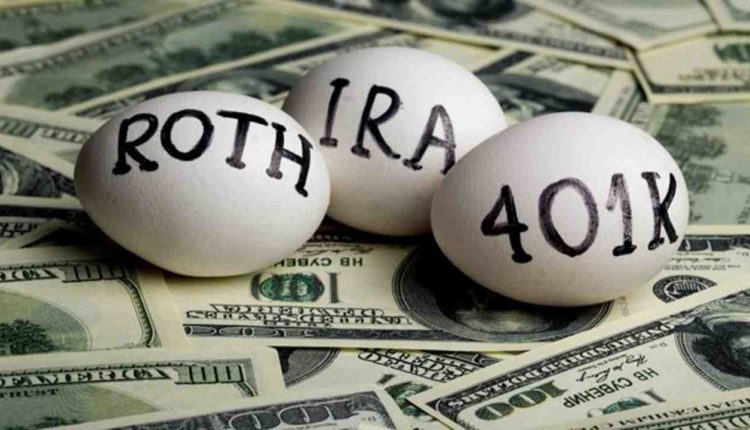Contents
Understanding Roth IRA Conversion
In this section, we will provide a comprehensive overview of Roth IRA conversion. We will explain what it means to convert a Traditional IRA or a 401(k) to a Roth IRA and discuss the potential benefits and considerations associated with this financial strategy. Understanding the basics of Roth IRA conversion is essential for making informed decisions about your retirement savings.
Tax Implications of Roth IRA Conversion
Converting to a Roth IRA involves tax implications that need to be carefully evaluated. In this section, we will explore the tax considerations associated with Roth IRA conversion, including the impact on your current and future tax liabilities. We will also discuss the concept of the Roth IRA five-year rule and how it relates to conversion.
Factors to Consider Before Converting
Before making a decision to convert to a Roth IRA, it’s important to consider various factors that can affect the outcome. In this section, we will discuss key considerations such as your current tax bracket, future income projections, time horizon, and estate planning goals. Understanding these factors will help you assess whether a Roth IRA conversion aligns with your financial objectives.
Conversion Strategies and Methods
There are different strategies and methods available for Roth IRA conversion. In this section, we will explore options such as partial conversions, backdoor conversions, and conversion timing strategies. We will discuss the advantages and limitations of each approach, helping you determine the most suitable strategy for your specific circumstances.
Impact on Retirement Planning and Required Minimum Distributions (RMDs)
Converting to a Roth IRA can have a significant impact on your retirement planning and required minimum distributions (RMDs). In this section, we will explain how Roth IRA conversions can potentially reduce or eliminate future RMDs, providing greater flexibility in retirement. We will also discuss considerations for individuals who are subject to RMDs or have inherited Traditional IRAs.
Recharacterization and Undoing a Conversion
While Roth IRA conversion is a valuable strategy, circumstances may arise where you may need to undo a conversion. This section will briefly cover the concept of recharacterization and the rules surrounding it. It’s important to understand the process and limitations of undoing a Roth IRA conversion to make informed decisions about your financial strategy.
Conclusion
Roth IRA conversion offers unique opportunities for individuals to enhance their retirement savings and tax planning. By understanding the benefits, tax implications, conversion strategies, and impact on retirement planning, you can make informed decisions about whether a Roth IRA conversion is suitable for your financial goals. Consider consulting with a financial advisor or tax professional to explore the specific details of your situation and optimize your retirement savings through Roth IRA conversion.

